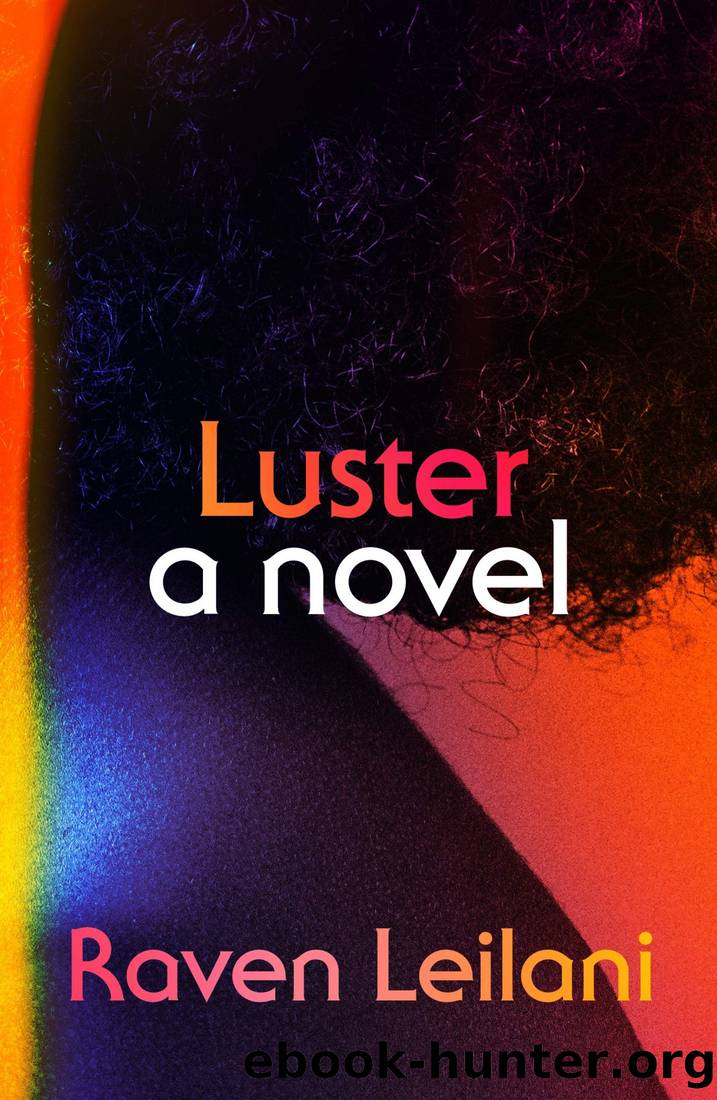


The spikiest, funniest scenes send up corporate life, with all its feints at inclusion and its complacent racism. Sex has a way of getting all the attention in this case, it obscures that, page by page, this is less a story about coupling than it is one about work. The sex in the book, marked by a light sadomasochistic edge - Edie pines to be punched, to be dominated - has attracted enthusiastic admiration. It’s the strange attraction between Edie and Rebecca - “two magnets of identical charge” - that propels the story. It’s a tense ménage, initiated by Rebecca - a woman of “freaky competence” who takes a chilly interest in Edie and hopes she might counsel the couple’s 12-year-old adopted daughter, Akila, who is lonely and isolated, one of the few Black children in a white suburb. The snaky plot takes us from their online courtship to Edie moving in with him and his wife, Rebecca. When we meet her, she’s become infatuated with Eric, a much older white man in an open marriage. She’s a sexual adventuress of a joyless sort, not looking for love so much as a kind of annihilation, an escape from the self - “ecstatic rutting and cushy ether of the void,” as she puts it. Not that she’s especially engaged with her 9-to-5 she marshals her real creative energy for sleeping with her male colleagues.

She’s a spectacularly disabused and skeptical 23-year-old Black woman, an assistant book editor, wise to the industry’s excesses. It’s a book that has been so feverishly praised for its boldness, humor and sexual frankness that I was a little crushed to find instead a perfectly agreeable if uneven first novel - brisk and pleasantly pulpy, hobbled occasionally by some seriously mangled prose and pat psychology.Įdie, the protagonist of “Luster,” would never have allowed this to happen. Take “Luster,” by Raven Leilani, perhaps the summer’s most touted debut. Blurbers (and critics) speak with a reverent quiver of this moment, anointing every other book its guide, every second writer its essential voice. The more strained our circumstances, the more manic the publicity machine, the more breathless and orotund the advance praise. Perhaps publishing has a parallel call it the blurb theory. You may know of the hemline theory - the idea that skirt lengths fluctuate with the stock market, rising in boom times and growing longer in recessions.


 0 kommentar(er)
0 kommentar(er)
